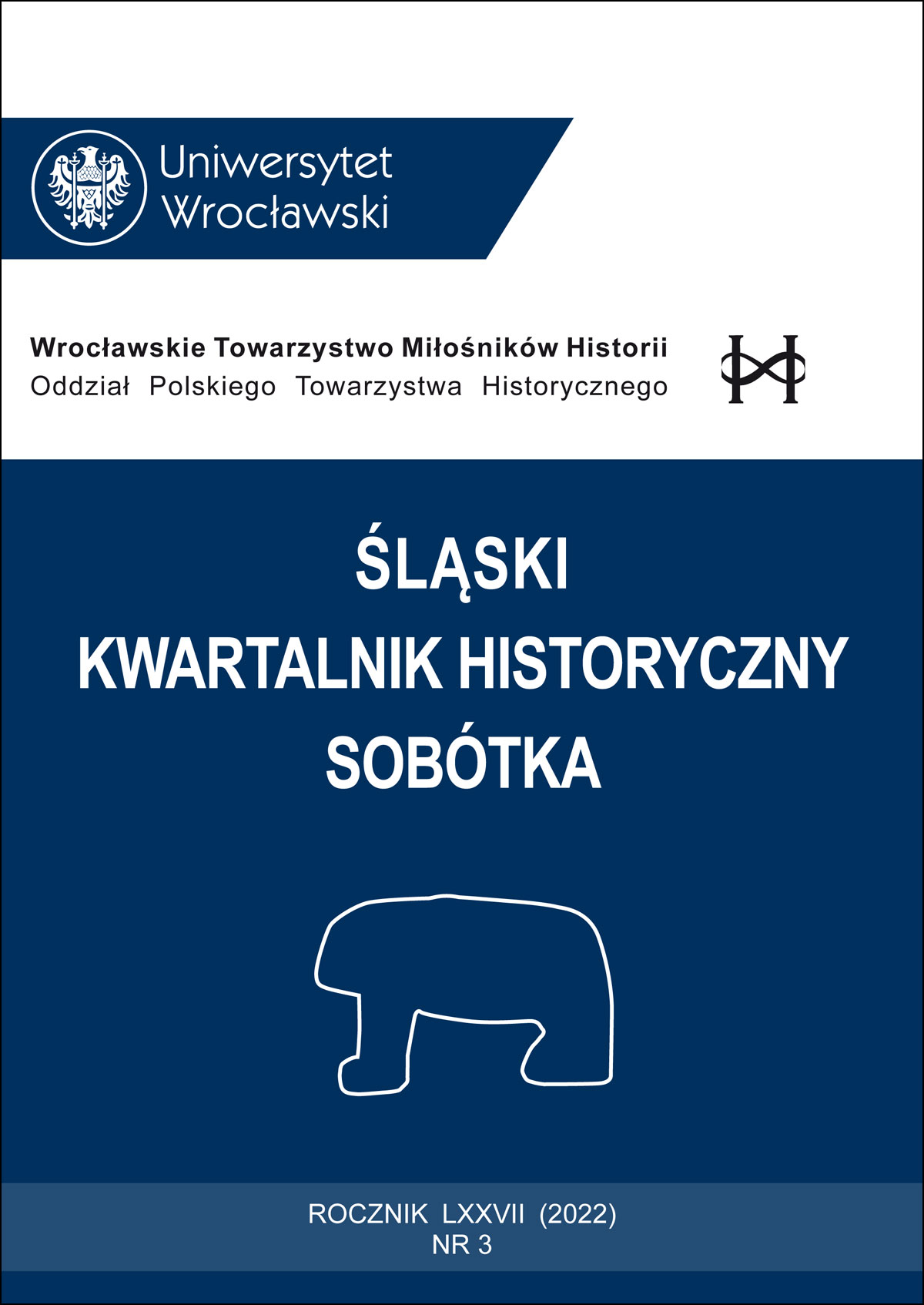„Niemiłe przebudzenie” – Wielka Brytania wobec chińskiego ruchu na rzecz odzyskania praw do kolei (1905–1911)
Rude Awakening – Great Britain and the Chinese Railway Rights Recovery Movement (1905–1911)
Author(s): Mateusz NowikiewiczSubject(s): Diplomatic history, Economic history, Political history, Pre-WW I & WW I (1900 -1919)
Published by: Wydawnictwo Uniwersytetu Wrocławskiego
Keywords: Chinese railways; Li Hongzhang; Sheng Xuanhuai; Yuan Shikai; Tang Shouqian; John Nevell Jordan; Ernest Mason Satow; New Administration
Summary/Abstract: The international treaties, being a direct consequence of the First Sino-Japanese War (1894–1895), opened the vast interior of the Middle Kingdom to foreign investments – including construction of railway lines. In the wake of such opening, the infamous “battle of concessions” between the foreign powers ensued. However, contrary to conclusions of classic monographies on the final years of Qing dynasty rule, China was not a helpless victim of overseas powers. Both the central Chinese authorities and provincial elites in various regions of the country made a considerable effort to rise to sovereignty in their relationships with the rest of the world. A noticeable sign of this was the striving to regain control over crucial railway lines, either through revoking or renegotiating previously granted concessions, or redeeming the infrastructure from foreign enterprises. Parallel to steps taken at the government level, campaigns were launched in order to independently build railroads in China. The already mentioned grassroots activities, are described with an umbrella term of Railway Rights Recovery Movement ("shouhui luquan yundong"). During the last period of the reign of Qing dynasty, in many regions of the empire, local activists started to organize protests against economic influence of foreign powers to set up local railway companies, whose aim was to build railway lines financed solely by domestic capital. Support offered to those initiatives by the central government of China (which did not mean complete consensus of opinions) strongly alarmed the Western powers. Up to then, their diplomatic representatives used to take into account only the stand of the Chinese officials, thereby ignoring the feelings among local elites as a causative factor shaping the policy of the Middle Kingdom. Widely-held notions concerning the “Chinese imaginarium”, shared by foreign diplomats and so-called China Hands, were mercilessly verified by the gradual development of the feeling of supra-local Chinese political and economic community. The cumulative result of transformations in China at the beginning of 20th century, often referred to as the Chinese Awakening, was met with approval when it meant adopting Western technical and institutional solutions, but with anger when it manifested itself as resistance against Western economic penetration (particularly pronounced regarding the railway infrastructure). The uncompromising campaign launched by the elites of Zhejiang and Jiangsu provinces against British concession to build a railway line connecting Shanghai with Hangzhou and Ningbo significantly contributed to revising most of the points of the original agreement from 1898 between the Chinese government and British syndicate British & Chinese Corporation Limited; however, it is worth noting that in many aspects the goals of the campaign were contradictory to the government vision of expanding Chinese railroad network. British diplomats and Chinese Hands understood the result of the final agreement, signed in 1908, as a symptom of growing weakness of the central government in its relations with – increasingly more assertive – provincial elites. From the British point of view it caused a danger of putting China on a collision course with foreign powers (because of unilateral revocation previously granted railway concessions), and – in a more general sense – deteriorating the prospects of economic infiltration of China in the future.
Journal: Śląski Kwartalnik Historyczny Sobótka
- Issue Year: 77/2022
- Issue No: 3
- Page Range: 7-34
- Page Count: 28
- Language: Polish

